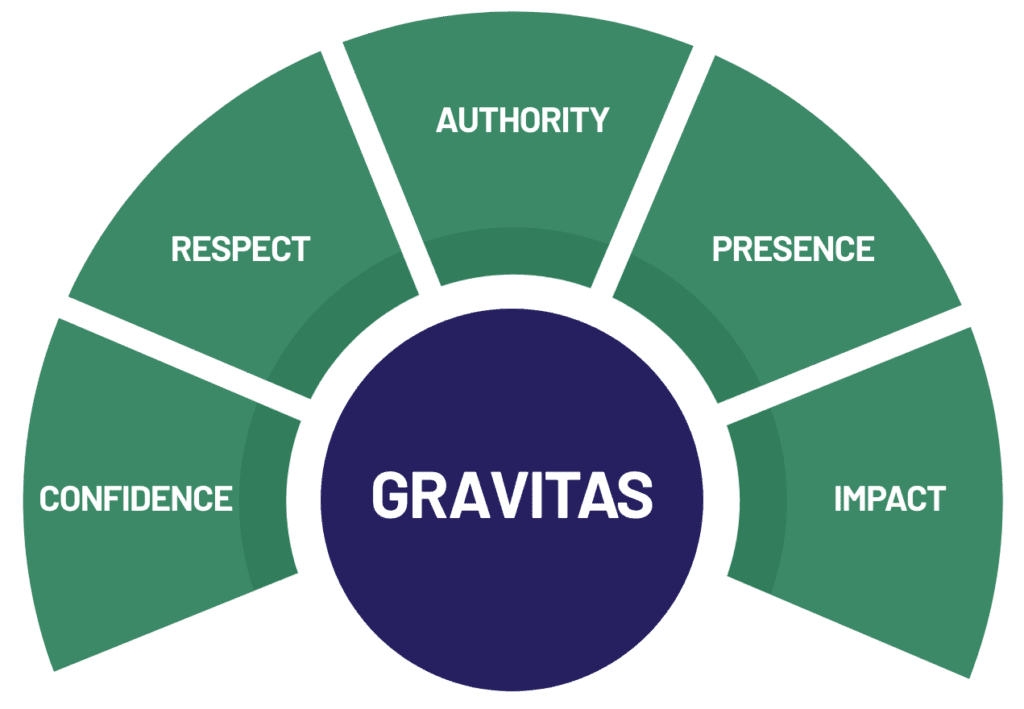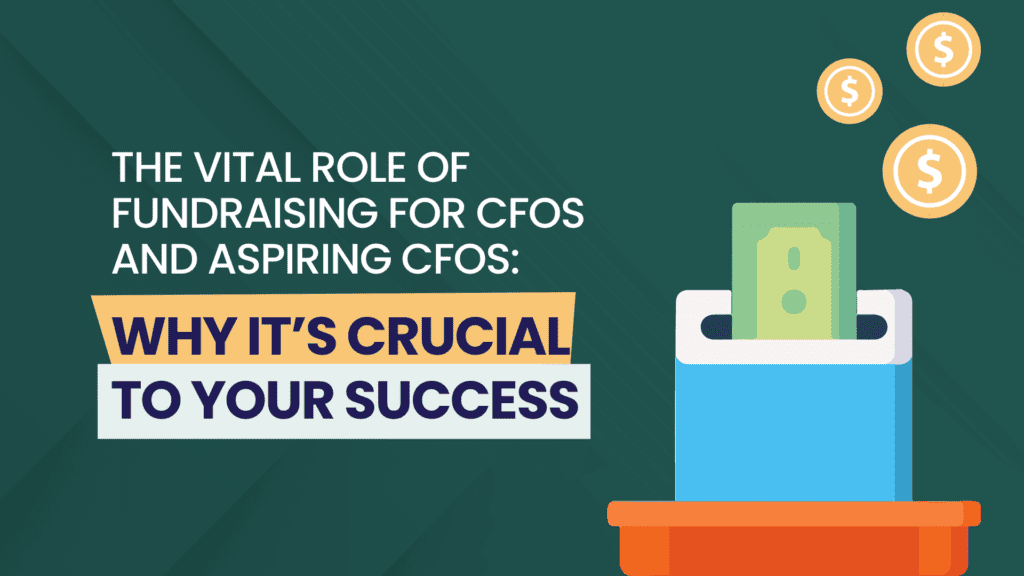The Hidden Reason CFOs Lose Influence in the Boardroom

CFOs don’t lose boardroom influence because they lack skills. They lose it because they lack gravitas.
This is the quiet career killer — and few people will ever tell you it directly.
Gravitas isn’t about showmanship. It’s about the ability to project confidence, authority, and control — especially under pressure. It’s what makes people lean in when you speak. It’s what earns you the room when you’re presenting numbers that others may not want to hear.
Without it, even your best ideas fall flat. Your insights get overlooked. Your leadership potential is questioned.
Whether you’re speaking to the board, negotiating with lenders, or trying to get buy-in from stakeholders, gravitas is what sets apart the finance leaders who get listened to — and those who don’t. This issue breaks down what gravitas actually looks like in a CFO role, why it’s so often misunderstood, and how you can sharpen it as one of your most valuable professional tools.
Your starting point should be to determine what gravitas really means to you. Here are some examples:

So what does gravitas actually look like in practice?
Most people associate it with confidence, influence, authority, and respect. And yes — all of that matters. But gravitas goes deeper.
It’s a mix of:
- Clear judgement
- The ability to speak hard truths calmly
- A grounded, serious presence
- And often, subtle physical cues — like posture, tone, and voice control — that shape how people perceive your authority
In a crisis, gravitas becomes impossible to fake. Some people step up. Others unravel.
And what’s at the core of it all? Self-confidence.
This isn’t just positive thinking — it’s a deep, internal belief in your own abilities. As a CFO, you need that belief to:
- Make bold financial decisions
- Stand firm in high-stakes conversations
- Influence without over-explaining
- And stay composed when things get messy
You build that kind of confidence by setting realistic goals, focusing on your strengths, reframing negative thoughts, taking care of yourself — physically and emotionally and consistently pushing beyond your comfort zone.

Charisma is no longer optional — it’s a competitive edge.
For today’s CFO, charisma has become a crucial leadership skill. It’s what helps you influence key stakeholders, motivate your team, and challenge ideas without creating friction. Charisma is about presence — showing conviction, engaging others with authenticity, and making people feel heard.
You can strengthen it by talking about what you’re passionate about, being clear on your values, and appealing to emotions as well as logic. Relatability goes a long way. So does listening with intent, valuing different viewpoints, and showing your sense of humour where appropriate.
Still, many CFOs find themselves overlooked in key conversations. In fact, 23% say one of their biggest challenges is not being properly heard — especially when:
- Facing off with more dominant board members
- Being seen as “just the numbers person”
- Constantly having to say no due to budget constraints
- Getting labelled as the blocker to progress
These perceptions can limit your ability to shape decisions and drive the business forward.
That’s why developing a strong personal brand is essential. When people understand your value, trust your judgement, and see your leadership in action — new opportunities follow.
Be consistent. Be visible. And make sure your impact doesn’t go unnoticed.
Authenticity is your strongest asset.
Don’t try to be someone you’re not. The most trusted CFOs lead with clarity, consistency, and confidence — not performance.
Whether it’s a board meeting or a hallway intro, how you show up shapes how you’re remembered.
Want to strengthen your presence and lead with impact?
Join the Future CFO Program Preview Event to learn more about the skills that make up great CFOs.
Spots are limited — register here.





Responses